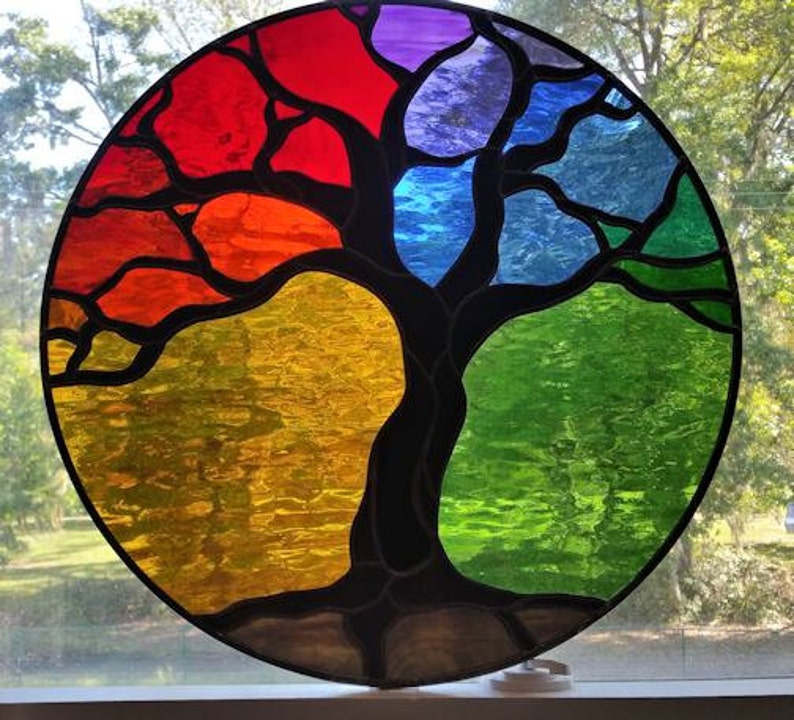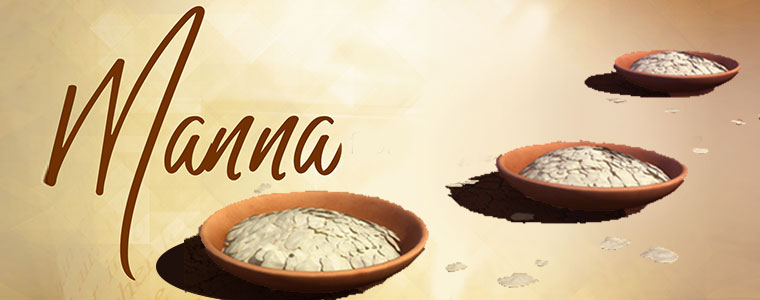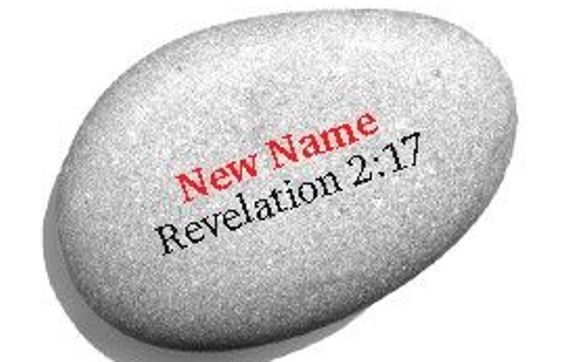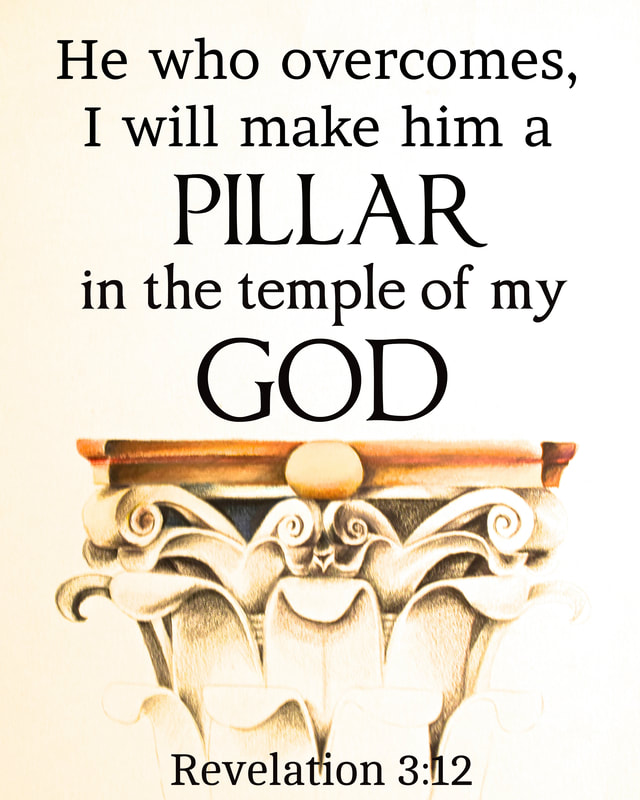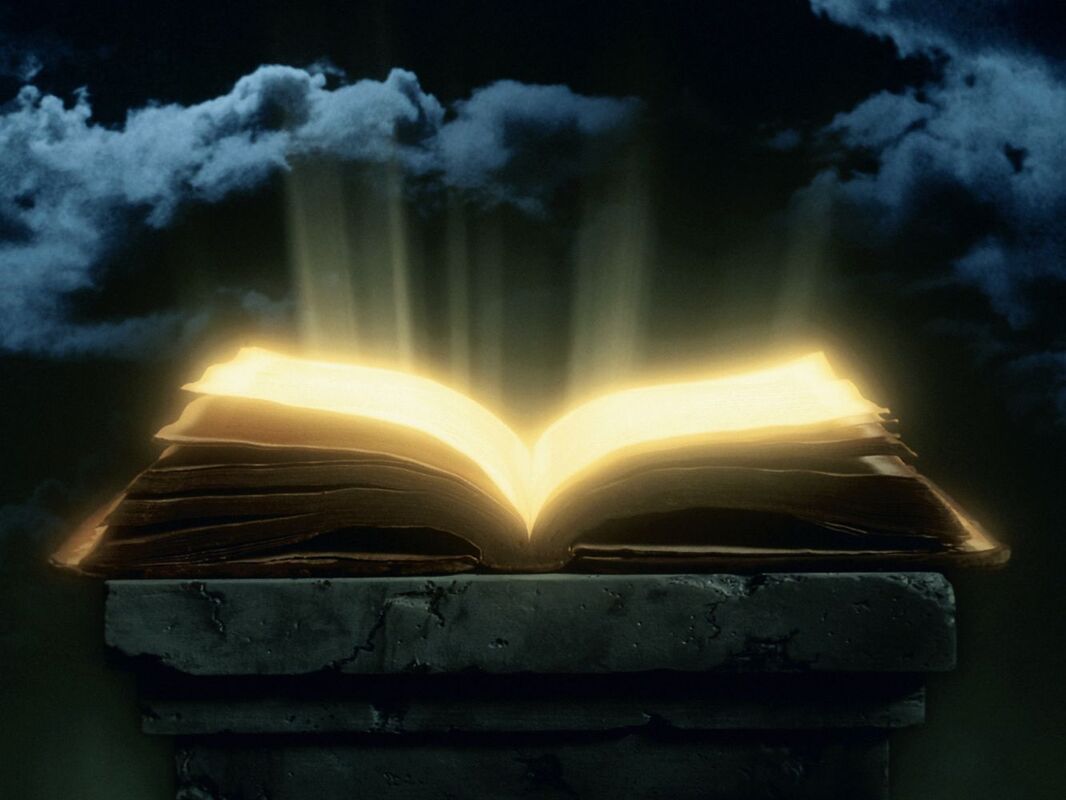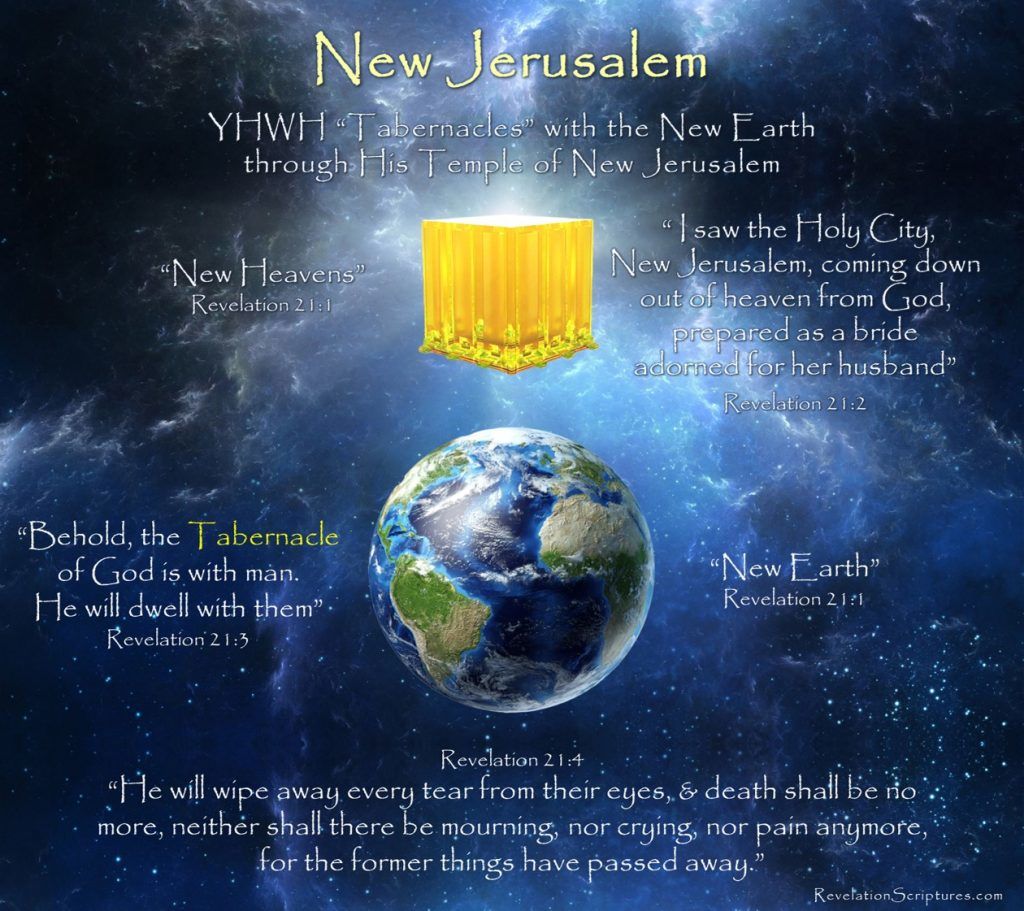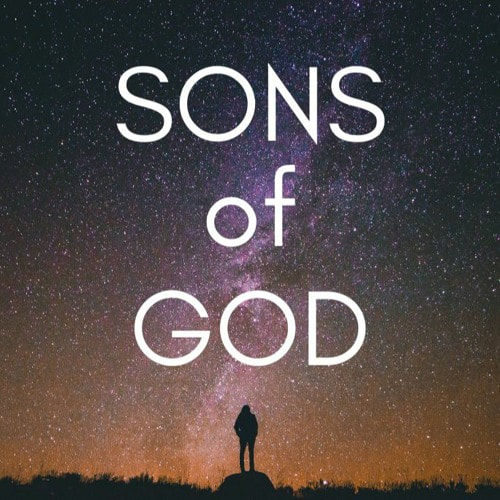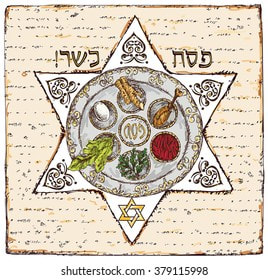Judaism = Old Covenant
In the Torah, God established the Mosaic covenant with the Israelites after he saved them from slavery in Egypt in the story of the Exodus. Moses led the Israelites into the promised land known as Canaan. The Mosaic covenant played a role in defining the Kingdom of Israel (c. 1220-c.
What are the 3 covenants of the Old Testament?
Three Major Old Testament Covenants
- Abrahamic Covenant: The Abrahamic Covenant was made between God and Abraham, also known at the time as Abram. ...
- Mosaic. The Mosaic Covenant is made between Israel and God at Mount Sinai, after the contentious departure from Egypt. ...
- Davidic Covenant:
The Jewish view of the mere wording "new covenant" is no more than a renewed national commitment to abide by God's laws. In this view, the word new does not refer to a new commitment that replaces a previous one, but rather to an additional and greater level of commitment.
What was the covenant between God and Moses?
When Moses and his people reached Mount Sinai on the way to the Promised Land, God spoke to Moses. It was there that God made a covenant with Moses and the Jewish people that renewed the one he had made with Abraham. At the same time, God gave the Jews the Ten Commandments - a set of rules by which they should live.
Christianity = New Covenant
In the New Testament Jesus of Nazareth is anointed and chosen as the Jewish Messiah/Christ that will establish God's Kingdom on earth that will provide salvation to all the world which is expressed through a new religion called Christianity. This is God's will and an update of the covenant agreement started in the Judaism religion, Hebrews 8:6.
What is the new covenant in the Old Testament?
The New Covenant
It promises a coming day when God would make a new covenant unlike the one which Israel had broken. This coming day would bring forgiveness of sin, internal renewal of the heart, and intimate knowledge of God.
GOVERNMENT
כִּי־יֶ֣לֶד יֻלַּד־לָ֗נוּ בֵּ֚ן נִתַּן־לָ֔נוּ וַתְּהִ֥י הַמִּשְׂרָ֖ה עַל־שִׁכְמֹ֑ו וַיִּקְרָ֨א שְׁמֹ֜ו פֶּ֠לֶא יֹועֵץ֙ אֵ֣ל גִּבֹּ֔ור אֲבִיעַ֖ד שַׂר־שָׁלֹֽום׃
6For a child will be born to us, a son will be given to us;
And the government will rest on His shoulders;
And His name will be called Wonderful Counselor, Mighty God,
Eternal Father, Prince of Peace.
Rashi (and similarly other Jewish commentaries) explains the meaning of this verse very differently from the Christian translation from which you ask your question, and hence your question does not begin:
and… called his name: The Holy One, blessed be He, Who gives wondrous counsel, is a mighty God and an everlasting Father, called Hezekiah’s name, “the prince of peace,” since peace and truth will be in his days.
Thus according to Rashi and others, the correct translation of the verse is:
For a child has been born to us, a son given to us, and the authority is upon his shoulder, and the wondrous adviser, the mighty God, the everlasting Father, called his name, "the prince of peace."
added by barlop
The translation that rashi gives(which isn't used by the JPS), is that the hebrew is written using verb, subject, object. Rather like and god called/named light 'day' is not and he called god .. So vayikra shmoh tony, could be "and he called his name tony", or it could be "and tony called his name". So vayikra is not always translated 'and he called' it can be that the subject comes one or two words later.
So to put it another way, the translation that rashi gives, is structured like this. Verb subject object, which is very common in hebrew.
The translation that rashi gives(which isn't used by the JPS), is that the hebrew is written using verb, subject, object. Rather like and god called/named light 'day' is not and he called god .. So vayikra shmoh tony, could be "and he called his name tony", or it could be "and tony called his name". So vayikra is not always translated 'and he called' it can be that the subject comes one or two words later.
So to put it another way, the translation that rashi gives, is structured like this. Verb subject object, which is very common in hebrew.



